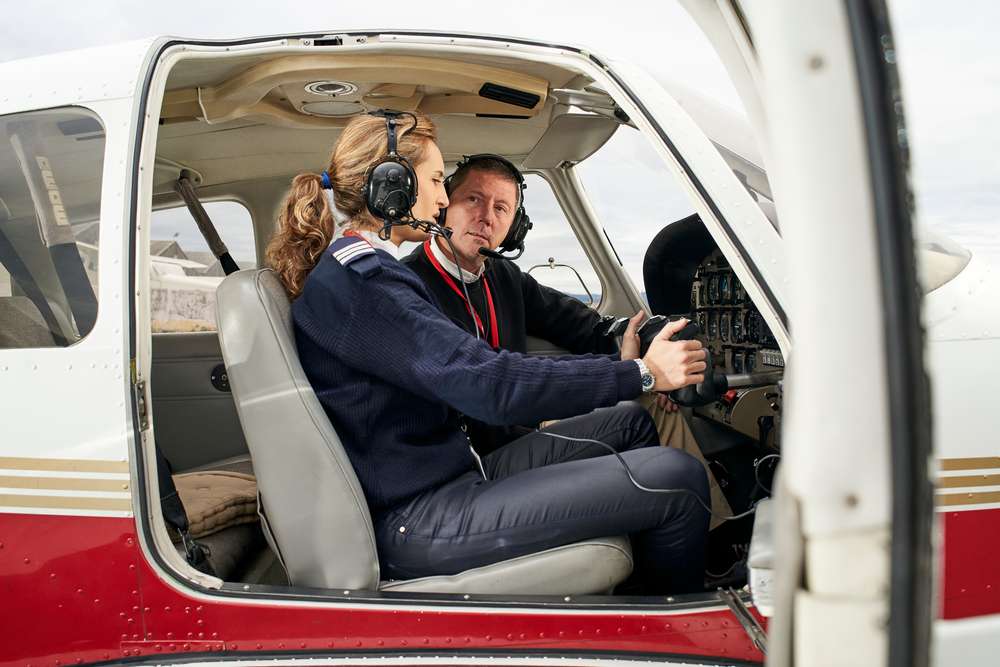Unlock Your Future: Fully-Funded Airline Pilot Training Opportunities Await
The aviation industry offers exciting career prospects through fully-funded pilot training programs, providing aspiring pilots with a path to achieve their dreams without the burden of substantial upfront costs. These comprehensive programs combine theoretical knowledge, flight training, and practical experience to transform candidates into professional airline pilots.

What Are Fully-Funded Pilot Training Programs?
Fully-funded pilot training programs are partnership initiatives between airlines and flight schools that cover the substantial costs of pilot training. These programs typically include complete commercial pilot license training, type rating, and a conditional job offer upon successful completion. Candidates usually sign a bond or agreement to work with the sponsoring airline for a specified period.
How Do You Qualify for Funded Pilot Training?
The selection process for funded pilot training is highly competitive. Typical requirements include:
-
Age requirements (usually 18-35 years)
-
High school diploma or equivalent
-
Strong academic background in mathematics and physics
-
Perfect 20/20 vision or corrected to 20/20
-
Clean medical history
-
Ability to pass psychological assessments
-
English language proficiency
What Does the Training Process Involve?
The comprehensive training journey typically spans 18-24 months and includes:
-
Ground school training covering aviation theory
-
Flight simulator sessions
-
Actual flight training hours
-
Multi-engine aircraft experience
-
Instrument rating certification
-
Commercial pilot license requirements
-
Airline-specific operational procedures
What Career Opportunities Await After Training?
Graduates of fully-funded programs typically begin as First Officers with regional airlines before advancing to larger carriers. Career progression includes:
-
First Officer positions with regional airlines
-
Captain opportunities after gaining experience
-
Potential transition to major airlines
-
Options for international aviation careers
-
Flight instructor roles during hour-building phases
What Are the Financial Aspects of Funded Programs?
Training costs and program structures vary significantly among providers. Here’s a comprehensive breakdown of major fully-funded programs:
| Program Provider | Training Duration | Bond Period | Estimated Value |
|---|---|---|---|
| United Aviate Academy | 12 months | 2-3 years | $71,250 |
| American Airlines Cadet Academy | 18 months | 2 years | $89,000 |
| Delta Propel | 24 months | 3-4 years | $110,000 |
| JetBlue Gateway Select | 24-36 months | 3 years | $125,000 |
Prices, rates, or cost estimates mentioned in this article are based on the latest available information but may change over time. Independent research is advised before making financial decisions.
What Should You Consider Before Applying?
Before committing to a fully-funded program, consider:
-
Length of service commitment required
-
Living expenses during training
-
Location of training facilities
-
Career progression opportunities
-
Program success rates
-
Airline’s financial stability
-
Terms and conditions of the training agreement
The path to becoming an airline pilot through fully-funded programs requires dedication, commitment, and careful consideration of all aspects involved. While these programs eliminate the initial financial barrier, they demand excellence in training and long-term commitment to the sponsoring airline. Success in these programs opens doors to a rewarding career in aviation with clear progression paths and competitive compensation packages.




